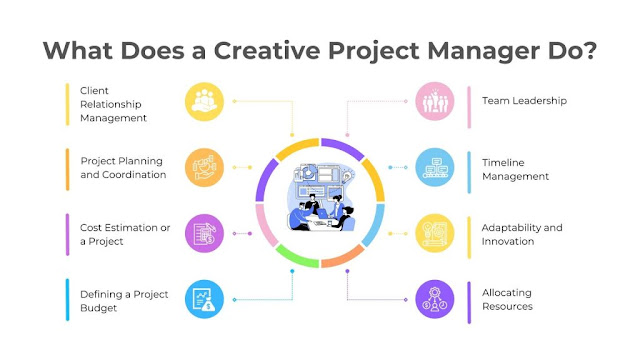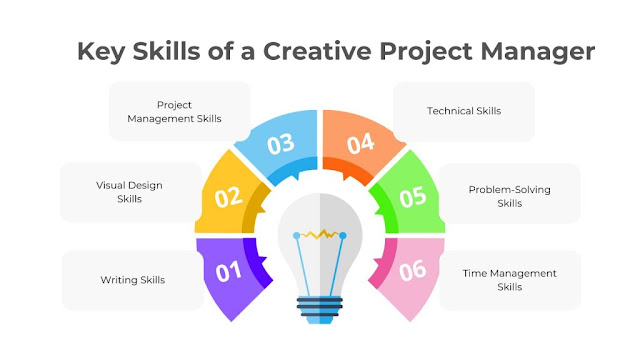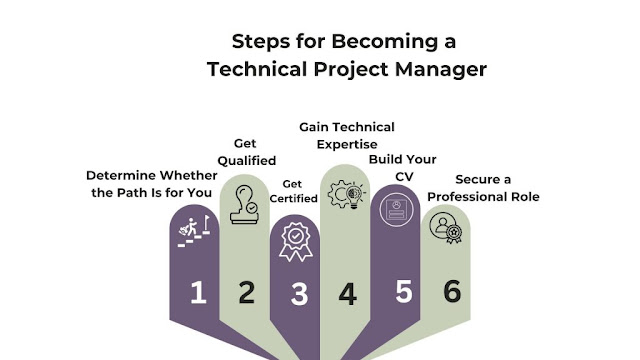A robust professional network can be invaluable for career success. A strong network can provide support, advice, job opportunities, and valuable industry insights. However, when you’re a busy project professional, it can be hard to find the time outside of your day-to-day work to grow your network, and when there is time, it can be challenging to know where to look to expand your network with the right people.
To help, here’s our tips for growing your professional network.
Why is networking important for project managers?
Networking can offer multiple benefits for project professionals, including:
- Enhancing career opportunities: Networking opens doors to new job opportunities, promotions, and collaborations. By connecting with industry professionals, you can learn about job openings, get recommendations, and stay updated on industry trends
- Gaining industry insights: Regular interactions with peers and industry experts can provide valuable insights into best practice, emerging trends, and technological advancements. This knowledge is crucial for staying competitive and effective in the rapidly evolving field of project management
- Building a support system: A professional network is more than just a collection of contacts. It’s a community that can provide a sense of belonging, where project professionals can seek advice, share experiences, and find mentors. This support is particularly valuable when facing challenging projects or career decisions, as it reminds you that you’re not alone in your journey
Tips for effective networking
Attend industry events
Industry conferences, seminars, and workshops offer excellent networking opportunities. These events gather professionals from various sectors, providing a platform to meet new contacts, exchange ideas, and learn from experts.
Quick tip: Opt for short but impactful webinars or virtual conferences if you’re short on time. These events often have chat features or Q&A sessions where you can engage with speakers and participants.
Join professional associations
Becoming a member of professional associations such as the Project Management Institute (PMI) or the Association for Project Management (APM) can significantly expand your network. These organisations often host events, webinars, and networking sessions exclusively for members.
Quick tip: If you don’t have time to invest in professional associations, try listening to industry podcasts and audiobooks while commuting or exercising. You can also contact hosts or guests on LinkedIn and mention what you learned from their show.
Leverage social media
Social media platforms like LinkedIn are powerful tools for networking. Join relevant groups, participate in discussions, share insightful content, and connect with industry professionals. Regular activity on LinkedIn, for example, can enhance your visibility and credibility in the project management community.
Quick tip: Set a ten-minute calendar session each day to engage in discussions and share your insights in dedicated online groups on Facebook or LinkedIn. This can help build your network efficiently, and it only takes a few minutes.
Participate in online forums
Online forums and communities dedicated to project management, such as Reddit’s r/projectmanagement or specialised LinkedIn groups, offer a space to engage with peers, ask questions, and share knowledge. These platforms can be particularly useful for building international contacts.
Quick tip: To maximise value from these forums and increase efficiency, have regular check-ins with yourself. Do you find the group helpful? Are there interesting insights? Is this energy-giving? If not, maybe consider leaving and joining a different group which may be more relevant.
Volunteer for projects
Volunteering for projects or initiatives within your organisation or through professional associations can help you demonstrate your skills, collaborate with different teams, and meet new people. Volunteering also shows your commitment to the profession and can lead to long-lasting relationships.
Quick tip: Offer to help with one-day projects or committees within industry groups. These roles often require minimal time, such as signing people into events, but provide excellent networking opportunities.
Follow up after initial meetings
Follow up after meeting new contacts, whether at an event or online. Send a personalised message or email expressing your pleasure in meeting them and suggesting ways to stay in touch. This small gesture can go a long way in establishing a lasting connection.
Quick tip: Create a follow-up email or message template that you can personalise for each interaction to save time building this connection.
Offer value
Networking is not just about what you can gain, but also what you can offer. Always look for ways to provide value to your contacts, whether by sharing valuable resources, making introductions, or offering assistance on a project. When you help others, they are more likely to reciprocate, creating a mutually beneficial relationship.
Quick tip: Identify a few key contacts who are most beneficial to your career and focus on maintaining strong relationships with them. Quality connections can be more impactful than a large number of superficial ones.
Schedule regular catch ups
Regular communication, whether through coffee catch-ups, phone calls, or virtual meetings, helps maintain relationships. These interactions don’t always have to be work-related; discussing industry trends, sharing personal interests, or offering support can strengthen your professional bond.
Quick tip: You can incorporate networking into your routine activities. For example, a virtual coffee break can be a quick way to connect with contacts.
Keep your network updated
Keep your network informed about your professional achievements, new projects, or career changes. This will keep you on their radar and open up opportunities for collaboration or referrals.
Quick tip: You don’t have to post daily to stay on the radar of your professional network. Start by sharing significant events or achievements, then work your way up to a regular weekly or bi-weekly posting schedule.
Seek mentorship
Identify experienced professionals in your network who can act as mentors. A mentor can provide guidance, share their experiences, and help you navigate your career path more effectively.
Quick tip: Ask if your organisation has mentoring and reverse mentoring programmes. These programmes can be effective for professional development and bolster the organisation’s L&D strategy.
Attend networking workshops
Participate in networking workshops and training sessions to improve your networking skills. These sessions can provide practical tips on effective communication, relationship building, and leveraging your network for career advancement.
Quick tip: Online learning and workshops can be an effective and efficient way to prepare for networking.
Use your network for problem-solving
When faced with a challenging project or decision, don’t hesitate to seek advice from your network. Their diverse experiences and perspectives can provide valuable insights and solutions you might not have considered.
Quick tip: Consider participating in cross-departmental projects within your company. These projects allow you to build relationships with colleagues you might not interact with regularly.
Grow your network with us
At PRINCE2.com, we regularly run webinars and events to help develop your project skills, and provide opportunities to meet other project professionals.
Source: prince2.com















